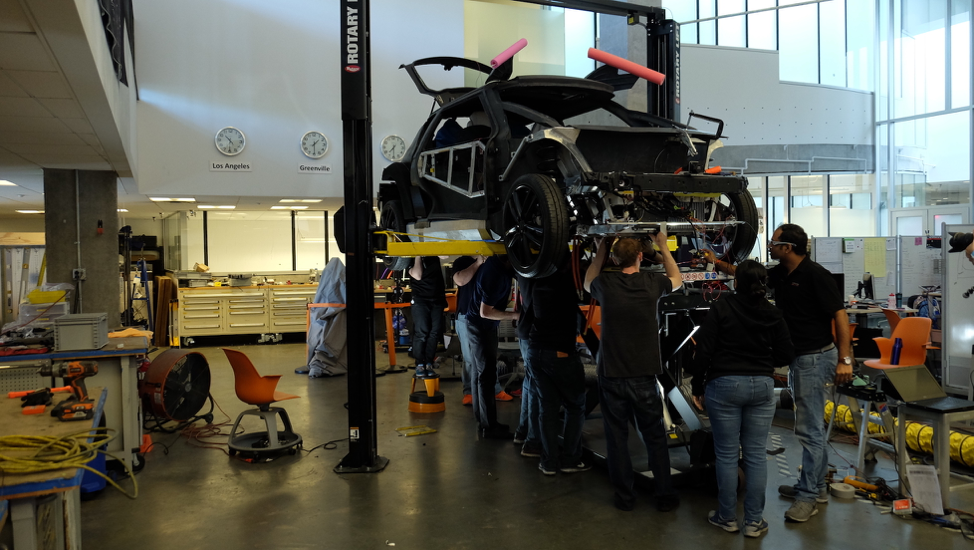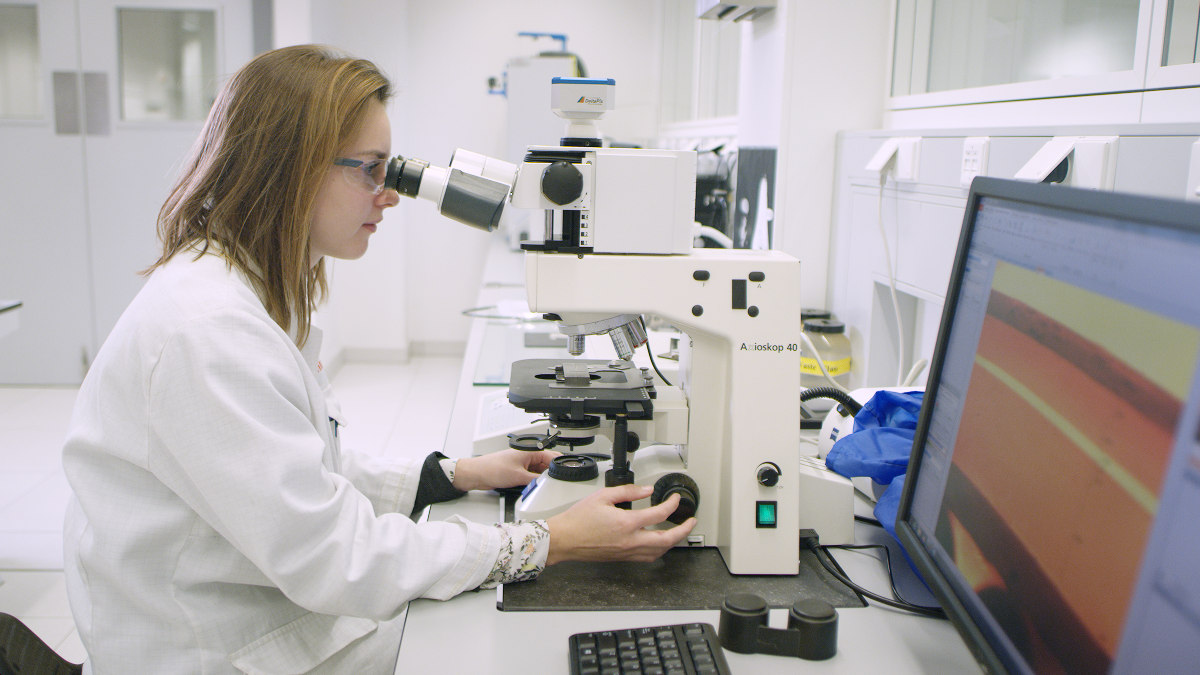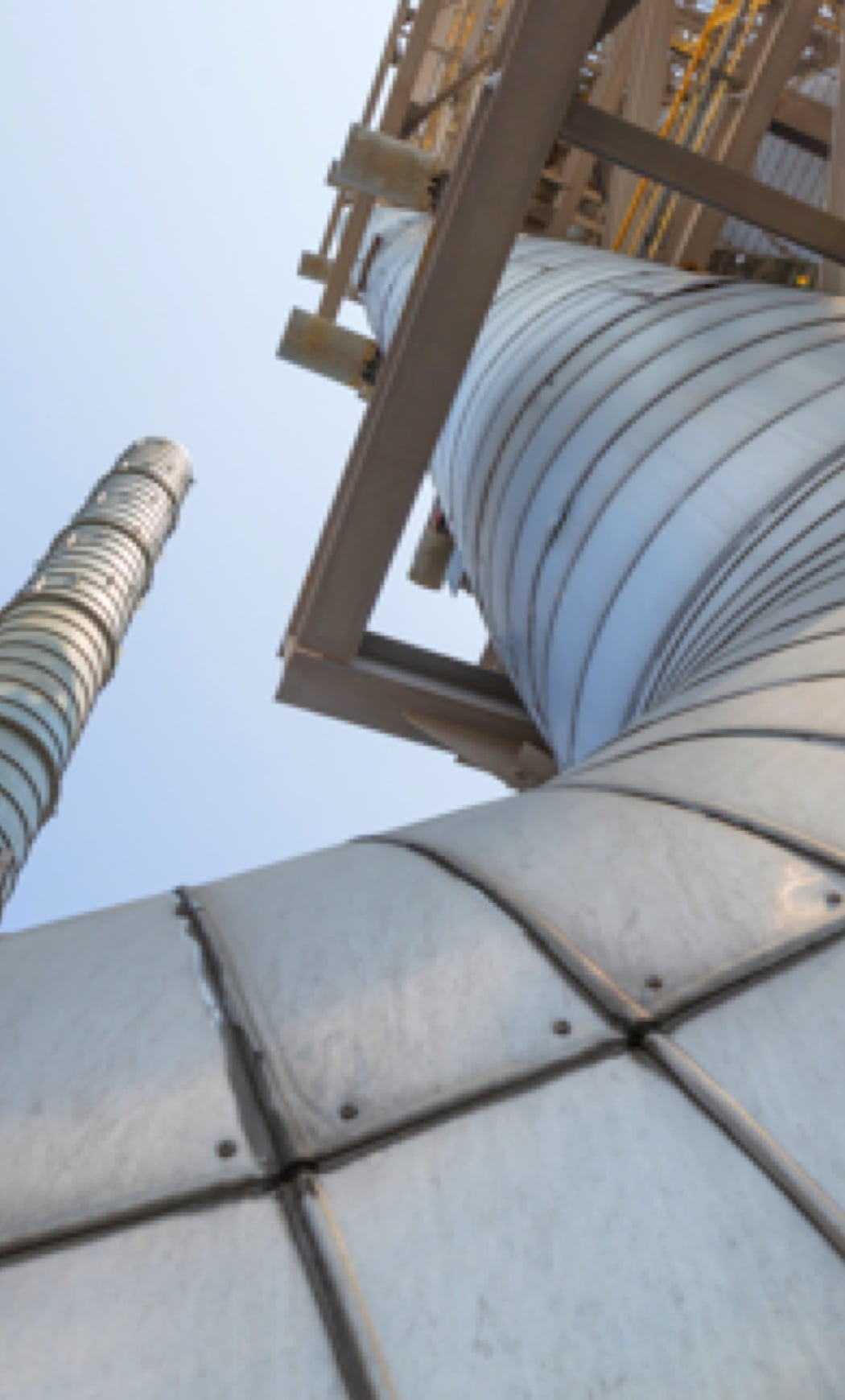The vehicles of tomorrow are tethered to the boundary-pushing science and materials available today, and students of a preeminent engineering program are currently testing those limits as they design an ultra-efficient vehicle for the future.
Housed at the Clemson University International Center for Automotive Research (CU-ICAR), engineering students in the program, known as “Deep Orange”, will partner with industry experts from ExxonMobil and other key industry partners to produce a concept vehicle designed to test traditional boundaries. The groups will focus on four high-impact areas of recyclable parts for reduced environmental impact, lightweight structures, ultra-efficient low-emission propulsion, and high-durability parts and fabrics.
In addition to providing funding, ExxonMobil engineers and scientists will provide mentorship to the students. Those mentors are the same ExxonMobil experts that automakers, parts manufacturers, tire companies and other auto-related businesses around the world rely on to deliver advanced materials that help drive the difference in automotive design throughout the design and execution process.
The challenge in front of these futurists is to test current business models and create a vehicle that meets a vision for sustainable design in the future, all of which will culminate in the model’s unveiling in 2020.
In its 11th iteration, the Clemson Deep Orange program will continue to push the envelope. “Mobility is undergoing a major transition, and sustainable design is becoming a core competency for many suppliers and original equipment manufacturers,” said Stuart Milne, Venture Manager at ExxonMobil. “The Deep Orange project will allow multiple viewpoints and technologies from across the supply chain to converge in a concept designed to highlight a possible transitional design.”




